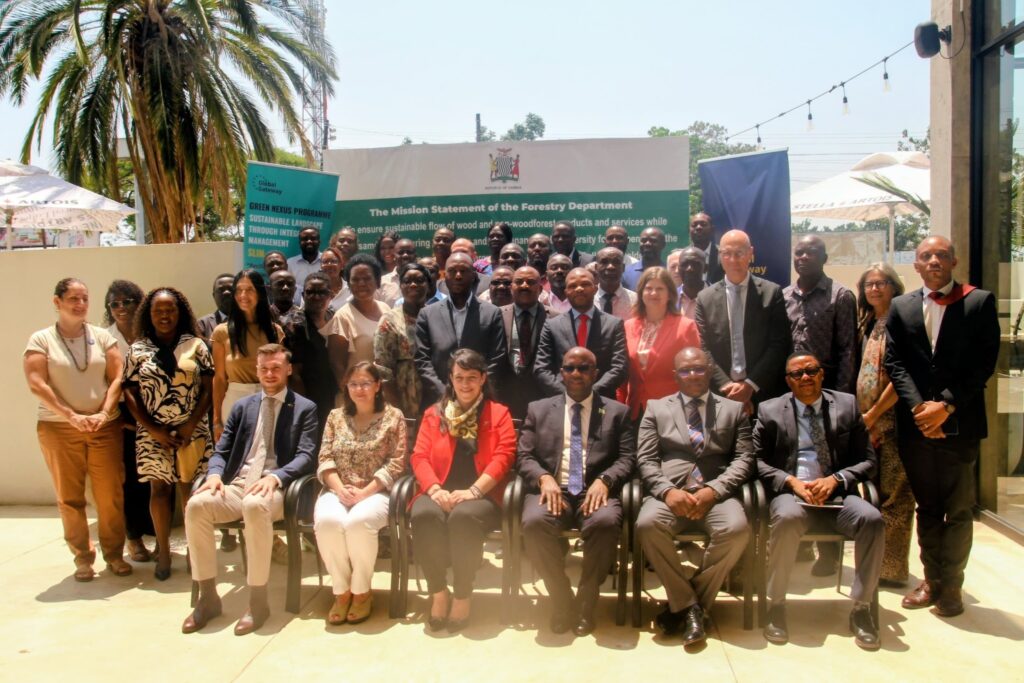Zambia Launches National Effort to Promote Sustainable Charcoal Alternatives
The Ministry of Green Economy and Environment, in partnership with the European Union, has inaugurated a pivotal two-day workshop aimed at developing a national Charcoal Transition Strategy, marking a major push towards sustainable forest management and reduced dependence on traditional charcoal production.
Speaking during the official opening, Permanent Secretary Dr Douty Chibamba noted that Zambia’s Forest Department remains one of the country’s largest green economy assets, with potential to generate thousands of green jobs and attract investment worth billions through carbon trading.
However, he warned that charcoal production has escalated beyond control, threatening forest resources and environmental stability. He described the workshop as timely and vital in tackling one of Zambia’s most urgent ecological concerns.
Dr Chibamba further called for the revival of the National Task Force on charcoal, stressing the importance of safeguarding the lifespan of forests for future generations.
EU Head of Cooperation, Ms Lana Zulelija, echoed these sentiments, emphasising the severity of deforestation in Zambia. “Deforestation is a critical issue that requires immediate attention,” she stated. “We are committed to supporting the Zambian Government in developing a strategy that balances economic needs with environmental sustainability.”
Acting Director of the Forestry Department, Dr Fred Siangulube, urged collective responsibility in addressing the crisis, saying: “We need to work together to find sustainable solutions to the charcoal challenge.”
The workshop, convened under the EU’s Global Gateway initiative, brings together stakeholders from government ministries, civil society organisations, private sector players, development partners, and representatives from the Czech and Finnish embassies. Over the next two days, participants will explore practical measures to regulate charcoal production, promote sustainable alternatives, and protect forest ecosystems.
The ultimate goal is to produce actionable recommendations for a national strategy that reduces deforestation, enhances forest conservation, and safeguards livelihoods for communities that depend on forest resources.



